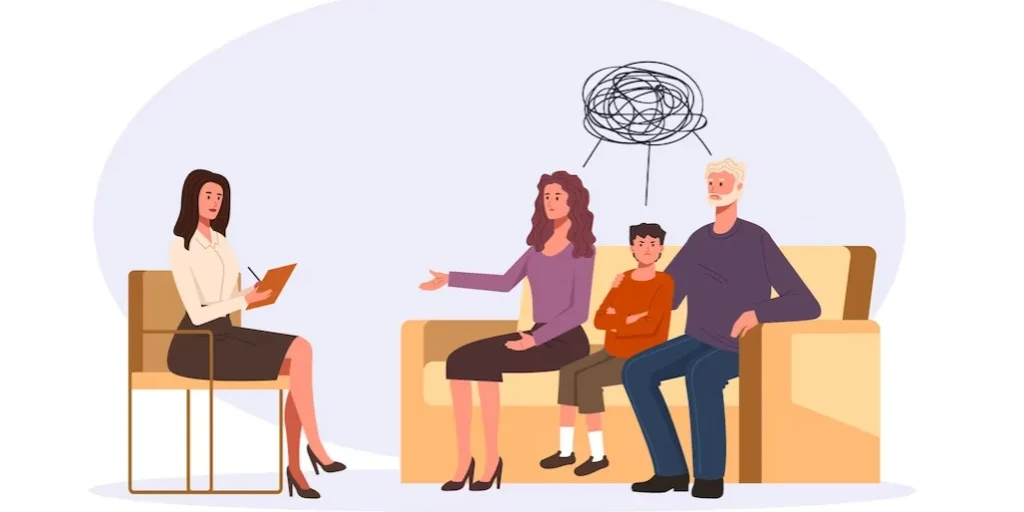24/7 Helpline:
(866) 899-221924/7 Helpline:
(866) 899-2219
Learn more about Medication-assisted Treatment centers in Fruitland
Medication-assisted Treatment in Other Cities

Other Categories
Other Insurance Options

Optima

Amerigroup

Private insurance

State Farm

Health Partners

BHS | Behavioral Health Systems

AllWell

Meritain

Humana

Access to Recovery (ATR) Voucher

Magellan Health

Magellan

Multiplan

CareFirst

Aetna

WellCare Health Plans

Health Net

CareSource

Regence

Optum















